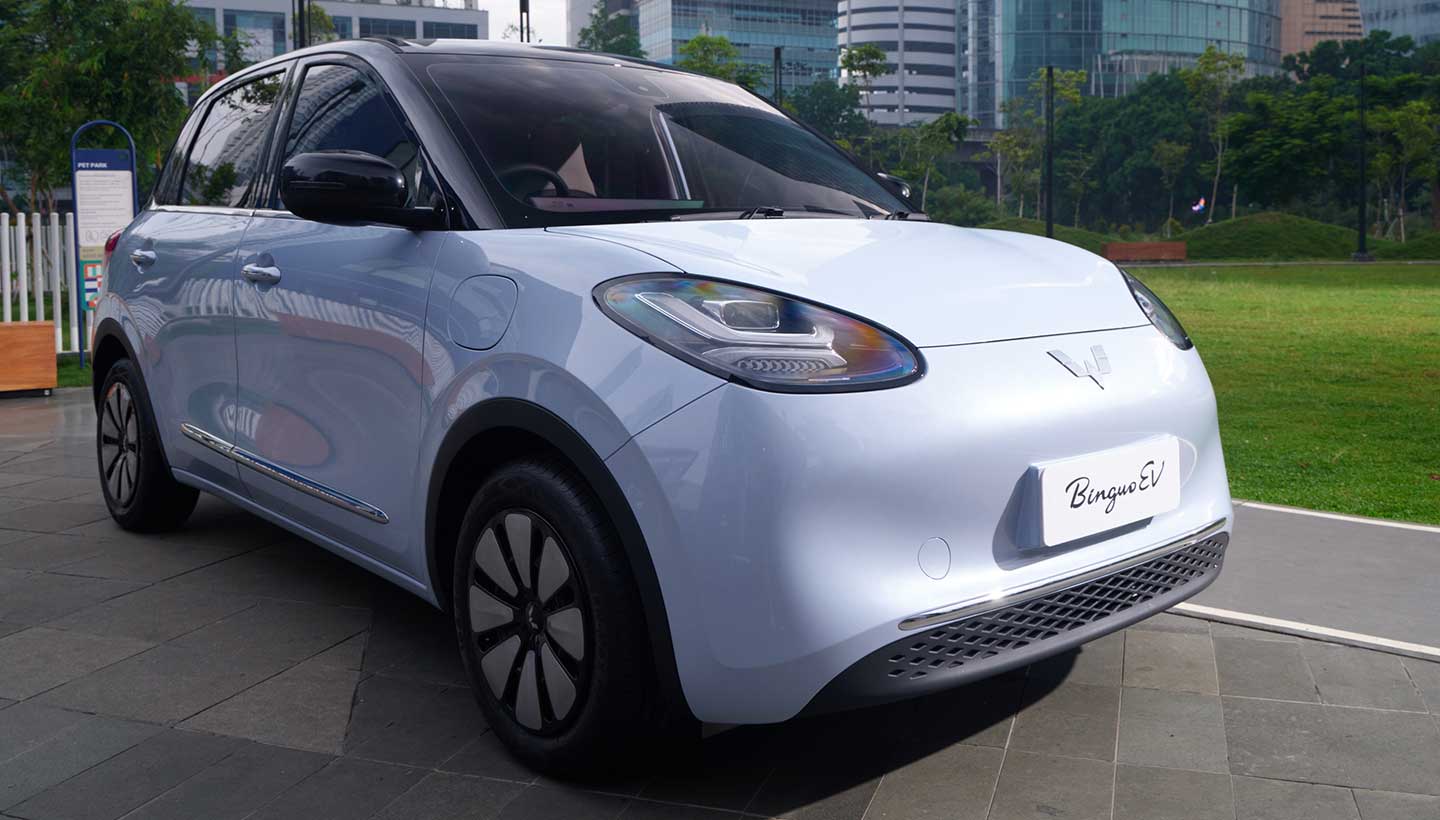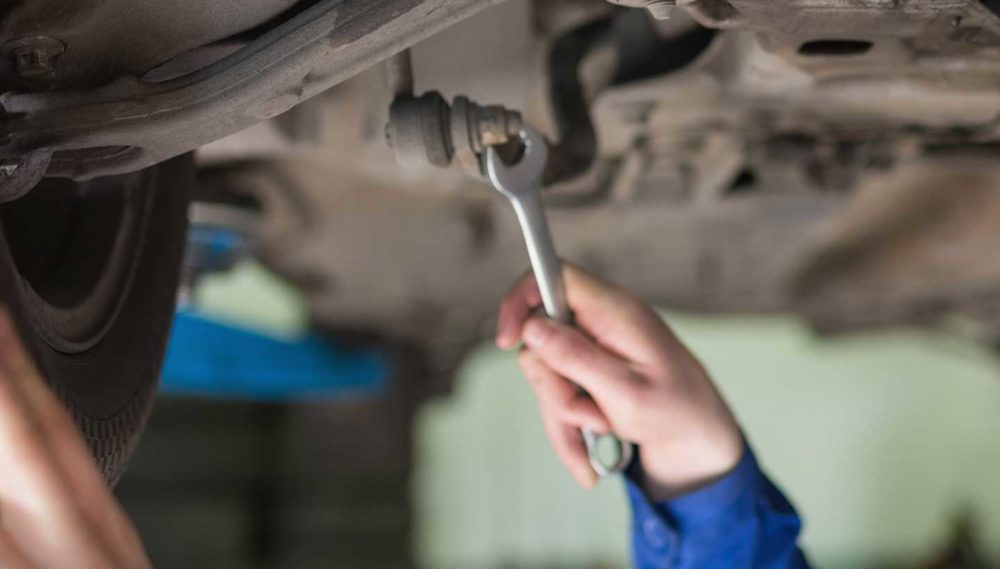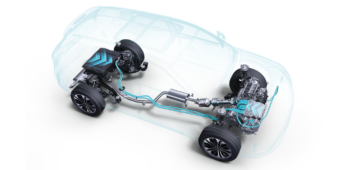Causes of Car Sway, Characteristics and How to Overcome It
22 May, 2024

Have you ever felt the sensation of a car that feels like it is floating when passing through bumpy roads, making sharp turns, or driving fast on the highway? If so, your car may be unstable.
A car is unstable and can interfere with driving comfort and safety. To understand and overcome this problem, it is important to know the causes and characteristics that accompany an unstable car. This article explains what an unstable car is, its causes, observable characteristics, and steps to overcome the problem.
What is a Car Swaying?
A swaying car is a condition where the vehicle feels unstable or sways when driven, especially when cornering or driving at high speeds. The swaying of a car can cause discomfort and be dangerous for the driver and passengers. This condition is usually caused by problems with the suspension system or other components that affect the balance and stability of the vehicle.
Causes of Car Sway
The causes of car swaying are varied and often involve several factors related to the suspension, tires, and other components. Here are some common causes of car swaying:
Damaged or Worn Shock Absorbers
A suspension that is not functioning properly, such as worn shock absorbers, can cause the car to sway. This component is responsible for dampening vibrations and maintaining the stability of the car. If damaged, the car will sway more easily.
Improper Wheel Alignment
Wheel misalignment can make the car difficult to control and cause swaying. Poor alignment can be caused by impacts, such as hitting a pothole or curb, which damages the suspension angle.
Not only that, tires that are unbalanced or have air pressure that is not in accordance with factory recommendations can cause the car to sway. Underinflated or overinflated tires can reduce vehicle control and stability.
Improper Tire or Rim Installation
Installing tires or rims that are not according to specifications can affect the balance and stability of the car. Rims that are too large or too small, or the use of improper spacers, can negatively affect suspension performance.
Excessive Load
When exceeding the recommended load capacity, the car becomes more difficult to control and tends to sway more easily. Excessive loads can put additional stress on the suspension, change the vehicle’s center of gravity, and affect overall weight distribution.
Excessive loads can also affect the response of the vehicle’s control systems, such as brakes, steering, and suspension. This can result in increased reaction times and reduced overall stability.

Characteristics of a Car that is Unstable
A car that is experiencing instability tends to show several characteristics that can be observed while driving. Some common characteristics of an unstable car include:
Unstable when Maneuvering
When performing maneuvers such as fast maneuvers or turns, the car will feel like it is losing control and the steering wheel feels light and unstable. This sensation often feels like the car tends to tilt to one side or is difficult to maintain stability.
Noise from Suspension or Tires
A car that is swaying will often produce noisy sounds from the suspension or tires. These sounds can be rattling, rumbling, or other sounds that indicate a problem with the suspension components.
Decreased Control Ability
Decreased controllability is one of the main characteristics of a swaying car. This happens because the suspension is unable to absorb shocks optimally, so the steering wheel feels shaky and difficult to control.
How to Overcome a Car that is Unstable
To overcome the problem of swaying in the car, drivers must carry out routine maintenance and checks on the suspension system and other related components, such as shock absorbers, bushings, tie rods, ball joints, and sway bar links.
If there are suspension components that are damaged or worn, replace them immediately with new ones. This includes leaking or worn shock absorbers, cracked or worn bushings, and other components that experience significant wear.
Make sure the rims and tires installed are in accordance with the car’s specifications. Adjust the car’s rim and suspension settings according to the needs and specifications of the vehicle. Some cars have adjustable suspension settings to increase stability.
***
Car swaying is a problem that should not be ignored. By understanding the causes, characteristics, and how to overcome car swaying, you can maintain the stability and safety of your car while driving. Make sure you are always alert when driving, especially on uneven roads or in bad weather.
For those of you looking for a car that is stable and comfortable to drive, the Wuling BinguoEV can be the right choice. Having proportional dimensions (3,950mm x 1,708mm x 1,580mm), the BinguoEV is designed to avoid fatal swaying.
The stable vehicle dimension design of the BinguoEV ensures that this vehicle remains safe and comfortable to drive, even at high speeds or on uneven roads. With advanced technology and a well-designed suspension system, the BinguoEV provides optimal stability, reducing the risk of swaying and increasing driving safety.



